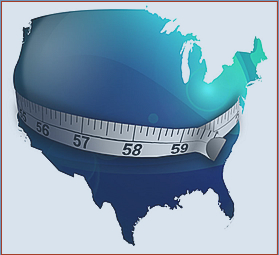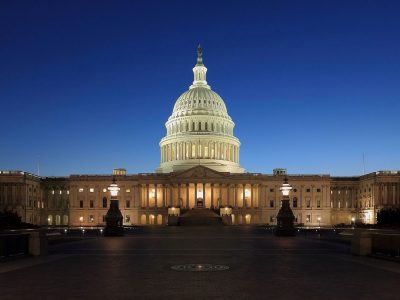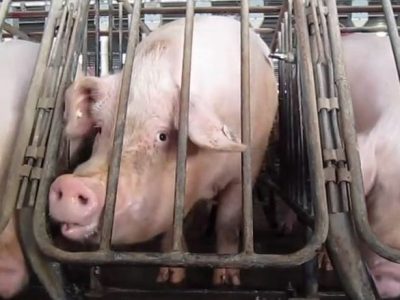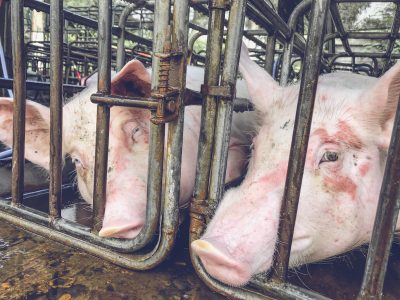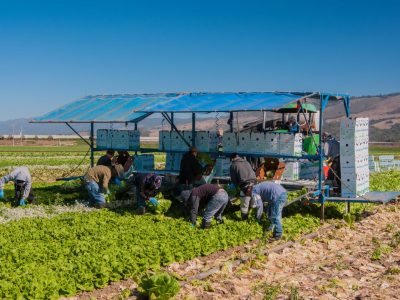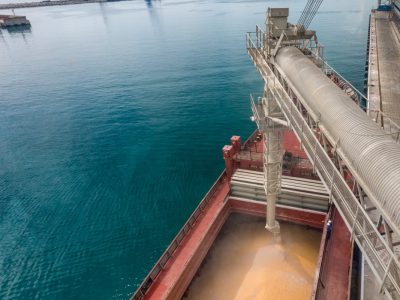Agriculture
The Obesity Pandemic
It’s a global phenomenon, with poorly understood causes. But there’s no point in blaming the victims.
I’ve written in the past about the American obesity epidemic. Obesity rates have continued to climb in the United States, though the rate of increase has leveled out. But obesity is also on the rise globally. The obesity rate has increased everywhere. In nine countries, at least one out of five people is now obese: …
Continue reading “The Obesity Pandemic”
CONTINUE READINGIs Bipartisanship Possible?
It’s not easy in today’s polarized politics. But maybe it’s not completely off the table.
We are now, as so often, in a time of divided government. That makes bipartisan cooperation necessary. We are also in a time of hyper-partisanship. The problem may be compounded by the concessions made by McCarthy to the far Right in order to become Speaker. Nevertheless, there may be some opportunities for cooperation across party …
Continue reading “Is Bipartisanship Possible?”
CONTINUE READINGClimate Rides the Omnibus
The year-end law gives a boost to climate-related spending
The omnibus spending bill is by no means a “climate law.” Because it spans the entire government, though, it has many provisions relating to climate change. They aren’t dramatic step forward. But the fact that they can pass as part of a bipartisan spending law is a sign of how climate change is slowly becoming …
Continue reading “Climate Rides the Omnibus”
CONTINUE READINGWhat Do Pig Pens Have To Do With Environmental Law?
Constitutional Challenge to California’s Animal Welfare Law Could Have Profound Impacts on State’s Environmental Laws
Today the U.S. Supreme Court will hear oral arguments in an animal welfare case from California that could have profound, negative impacts on a host of the Golden State’s environmental laws and policies. The case is National Pork Producers Council v. Ross, No. 21-468. The National Pork Producers Council litigation arises from an initiative measure–Proposition …
Continue reading “What Do Pig Pens Have To Do With Environmental Law?”
CONTINUE READINGAddressing Livestock Methane in California
New CLEE/UCLA report identifies policy solutions to reduce emissions | Webinar Nov. 10
Methane is a climate super-pollutant that is 80 times more powerful than carbon dioxide over a 20-year period. Given its potency and short life, experts believe that reducing methane emissions is the highest-yield action that governments and businesses can take to curb near-term warming. In the US, livestock are responsible for over one third of …
Continue reading “Addressing Livestock Methane in California”
CONTINUE READINGAnimal Cruelty and Interstate Commerce
A sleeper Supreme Court case could impact state climate legislation.
A month from now, the Supreme Court will hear a case about an animal cruelty law. It’s not an environmental law case, but the ruling could impact the authority of states to address climate change. Odds are that its impact will be limited, but you can never be sure of what five Justices might decide …
Continue reading “Animal Cruelty and Interstate Commerce”
CONTINUE READINGGuest Contributors Jasmine Robinson and Jessica Vived: Proposed Extreme Heat and Air Quality Protections for Agricultural Workers Advance in California Legislature
AB 2243 resulted from a partnership between law students in UCLA Law’s California Environmental Legislation and Policy Clinic, UCLA’s Food Law and Policy Clinic, and Assemblymember Eduardo Garcia
We are students in UCLA Law’s California Environmental Legislation and Policy Clinic, a course in which students work with legislative staff in the California State Legislature to advance environmental policy goals. In Fall 2021, working with staff for State Assemblymember Eduardo Garcia, we developed recommendations for stronger heat and air quality protections for agricultural workers. California’s …
CONTINUE READINGA “Hunger Catastrophe” in the Making
Understanding the Current Global Food Crisis
The global food system is in crisis for the third time in fifteen years. Food prices are hitting all-time highs, pushing hundreds of millions of people deeper into poverty and food insecurity and threatening political stability in regions around the world. The World Food Programme has called the current situation a “hunger catastrophe,” noting that …
Continue reading “A “Hunger Catastrophe” in the Making”
CONTINUE READING




